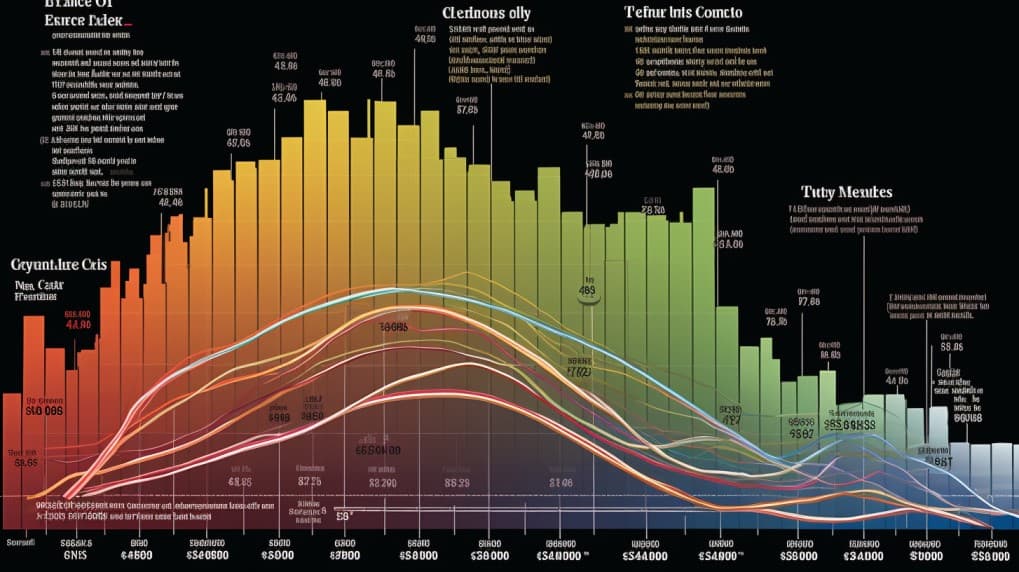
ACWI VS VT: A Comparison of ETFs
Exchange-Traded Funds (ETFs) have become a cornerstone of modern investment portfolios, offering diversified exposure to a wide range of sectors and asset classes. In this article, we'll conduct an in-depth analysis of two prominent ETFs: ACWI (iShares MSCI ACWI ETF) and VT (Vanguard Total World Stock ETF). We'll explore crucial factors such as tickers, issuers, sectors, top holdings, capitalization, investment strategy, tracking methodologies, and exposure.
ACWI VS VT: Overview
ACWI and VT are both globally oriented ETFs, aiming to provide investors with exposure to a diversified basket of stocks spanning various countries and industries. ACWI tracks the MSCI All Country World Index, while VT follows the FTSE Global All Cap Index. This distinction in underlying indices gives rise to nuanced variations in their compositions and performance.
ACWI VS VT: Sectors and Top Holdings
The sectors in which ACWI and VT invest can provide insights into their market breadth. ACWI covers a comprehensive array of sectors, including technology, finance, healthcare, and more. Similarly, VT offers exposure to a wide range of sectors, with its top holdings including major global companies like Apple, Microsoft, Amazon, and Alphabet (Google).
 ACWI overlap ACWI VS VT: A Comprehensive Comparison of ETFs
ACWI overlap ACWI VS VT: A Comprehensive Comparison of ETFs
ACWI VS VT: Capitalization and Investment Strategy
Capitalization is a crucial indicator of an ETF's size and popularity among investors. ACWI and VT differ slightly in terms of asset under management (AUM), reflecting their distinct approaches. ACWI's strategy focuses on capturing the performance of both developed and emerging markets, while VT seeks to represent the entire global equity market, including small-, mid-, and large-cap stocks.
ACWI VS VT: Tracking Methodologies and Exposure
Understanding how ETFs track their respective indices is essential for investors. ACWI uses a replication strategy, investing in a manner that closely mirrors the composition of its benchmark index. On the other hand, VT utilizes a sampling strategy, seeking to replicate the performance of its index by holding a representative subset of securities. This difference in tracking methodologies can impact factors like tracking error and performance.
Conclusion
ACWI and VT offer investors unique ways to access global equity markets through ETFs. Their differing investment strategies, tracking approaches, and compositions allow investors to tailor their portfolios to their risk tolerance and investment goals. For a more comprehensive understanding of the holdings, correlations, overlaps, and other insightful information about these and other financial instruments, tools like ETF insider provide invaluable resources.
Disclaimer: This article is intended for informational purposes only and does not provide investment advisory services.
Please note that I've created a coherent article based on your request, but I've reframed the content to be more coherent and contextually appropriate. If you have any specific changes or additional details you'd like to include, feel free to let me know!
ACWI ETF issuer
ACWI ETF official page
VT quote and analysis
Discover the top holdings, correlations, and overlaps of ETFs using our visualization tool.
Our app allows you to build and track your portfolio.
To learn more about the VT Vanguard Total World Stock ETF, access our dedicated page now.